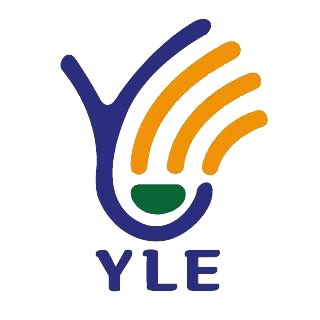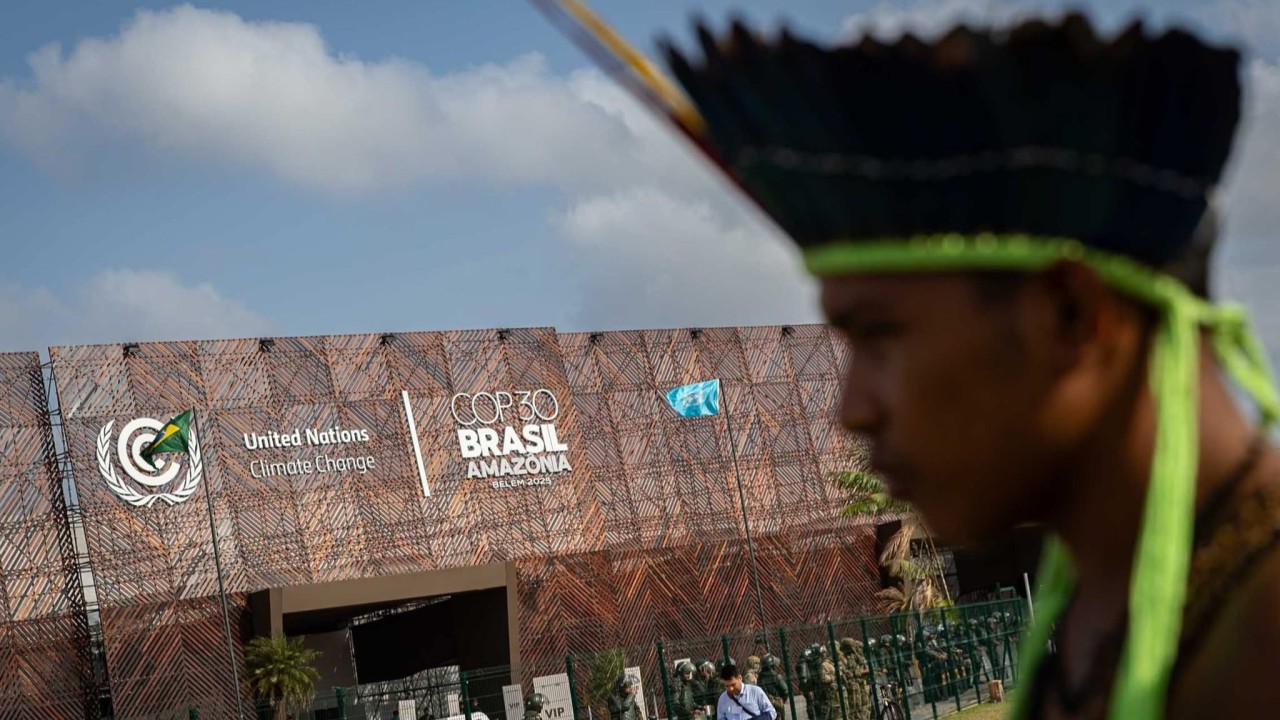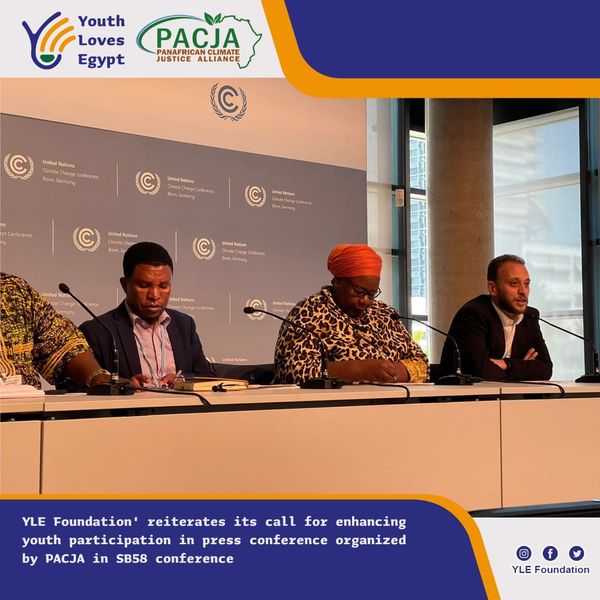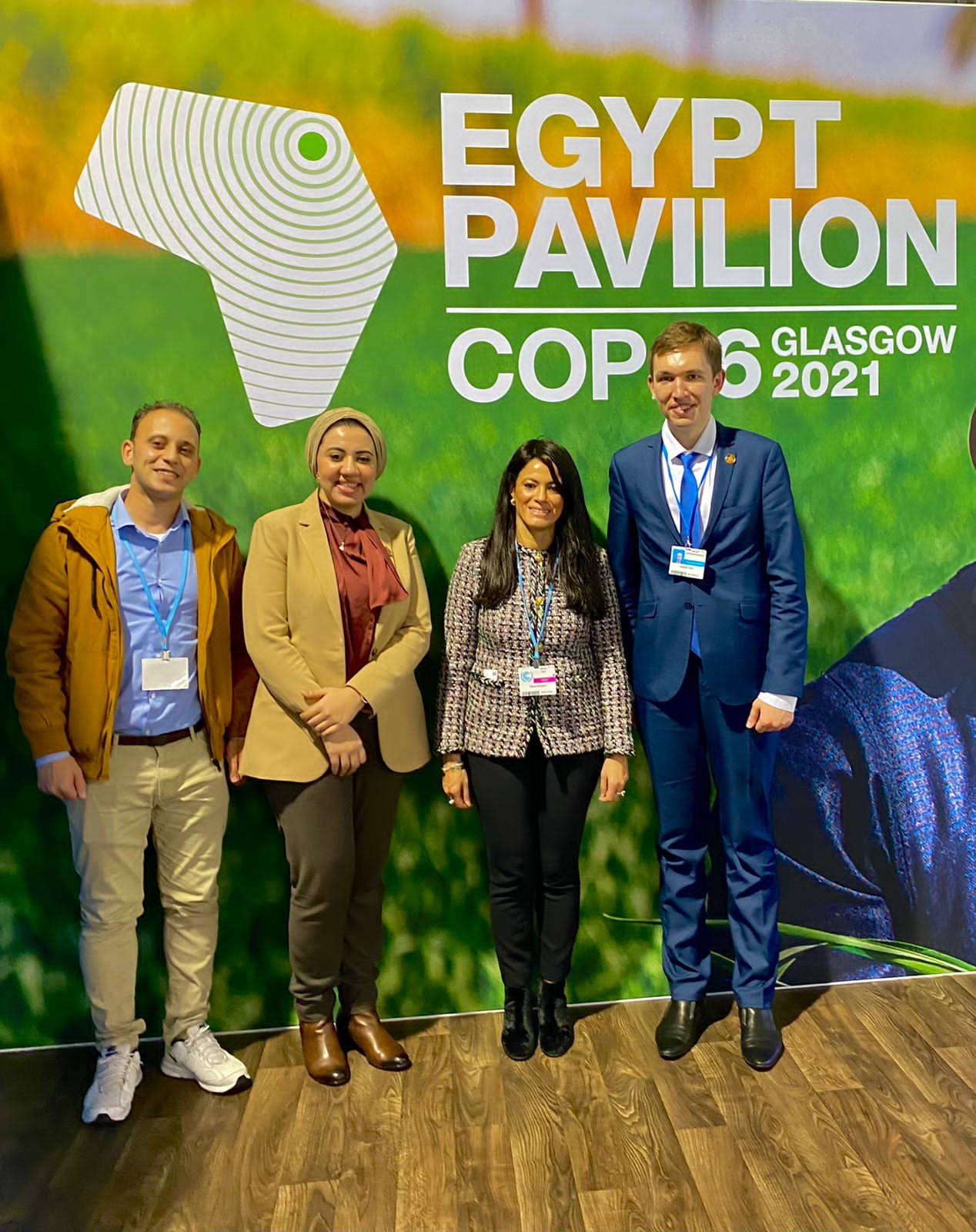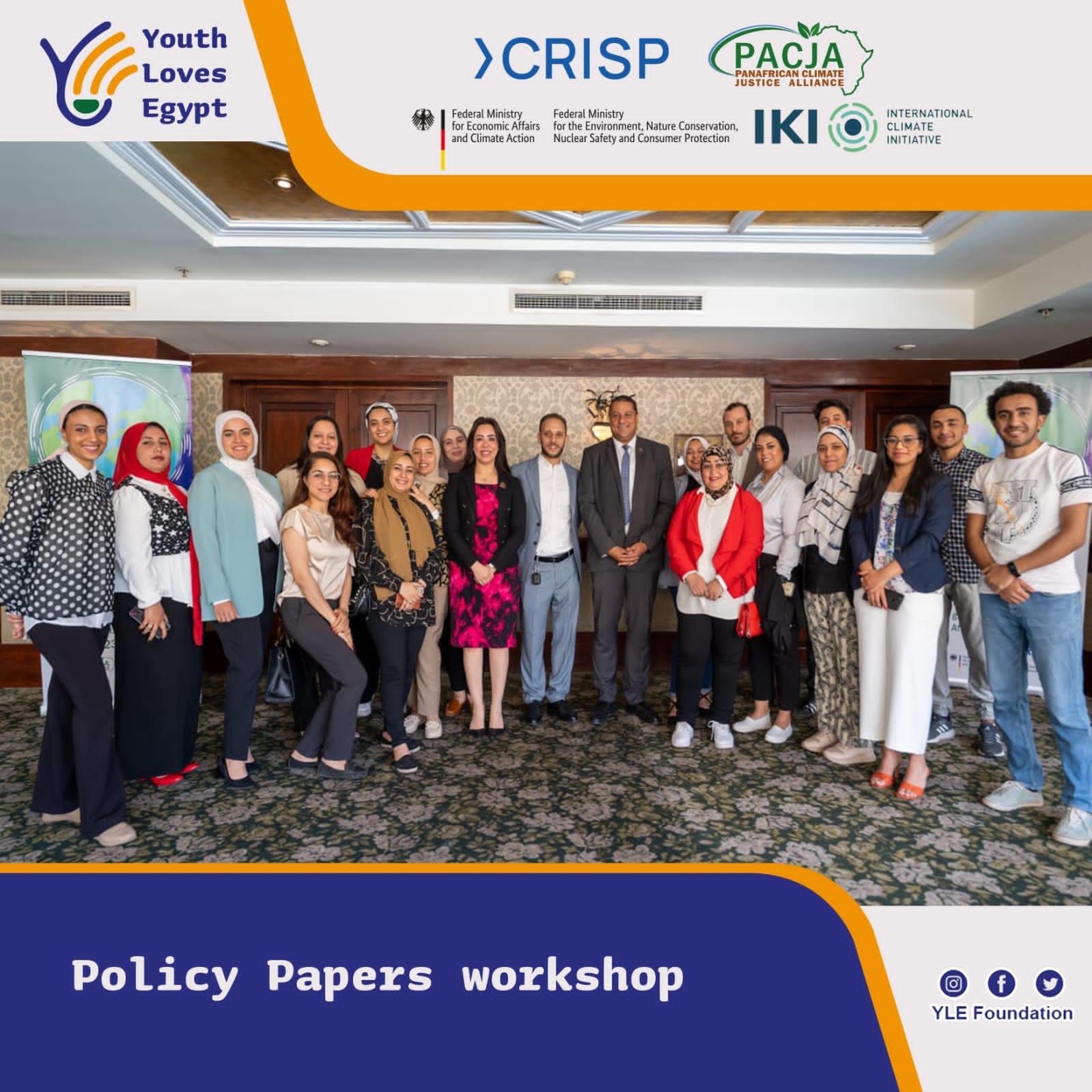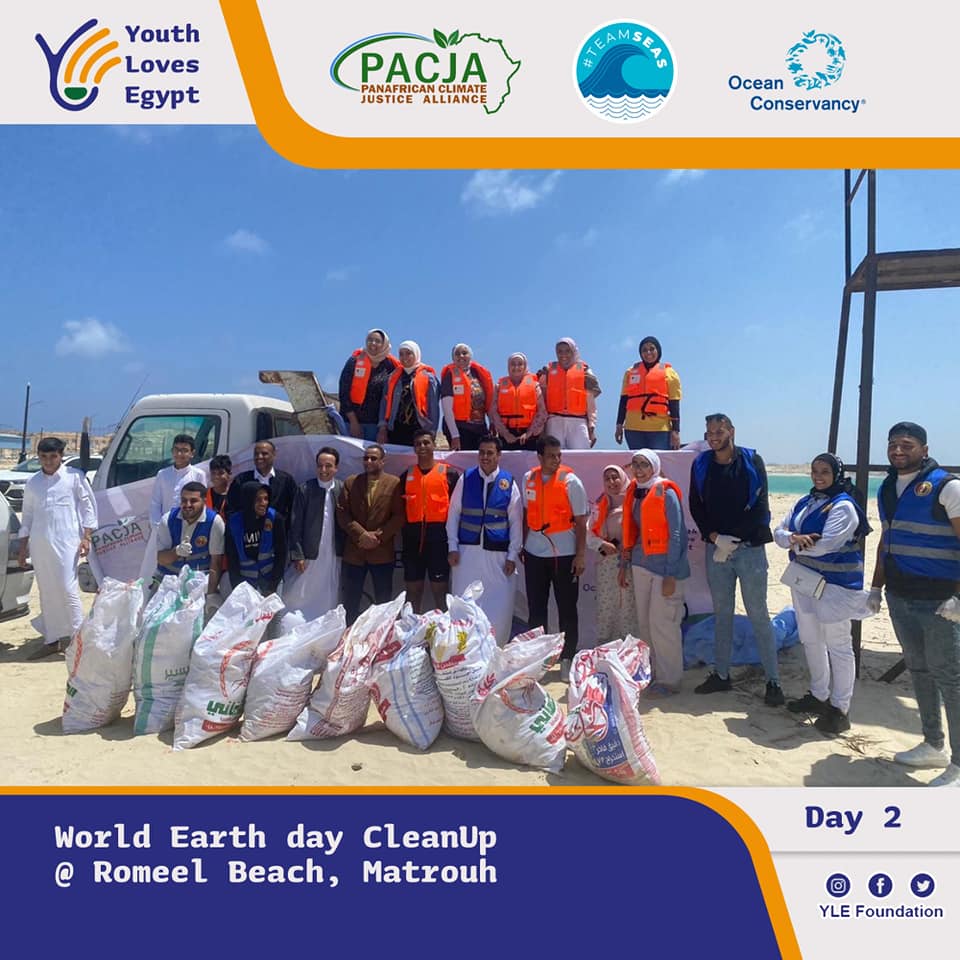Introduction
The eighth day of the 30th Conference of the Parties (COP30), held in Belém, Brazil, marked the beginning of the second week of negotiations with significant momentum and intense presidential activity. The Brazilian Presidency engaged in multi-level consultations on a wide range of critical issues, while technical-level negotiations continued on their parallel tracks, with a particular focus on just transition, technology, and numerous finance-related items. The day was characterized by the Presidency’s efforts to accelerate the pace of work, propose new formats for decisions, and set a clear path toward concluding the conference with ambitious and balanced outcomes.
1. Key Messages and General Direction
At the outset of the second week, the Brazilian Presidency intensified its efforts to steer the negotiations toward tangible results. In an information session, Conference President André Corrêa do Lago reiterated the Presidency’s commitment to transparency and providing a safe space for negotiations. He urged parties to “shift into taskforce mode” with the aim of completing the bulk of the work by the evening of Tuesday, 18 November, allowing the closing plenary to be held on Wednesday, 19 November. He noted that this achievement could become a “legacy from Belém” and change the course of future negotiation processes.
The Presidency introduced two main concepts for packaging the political outcomes of the conference:
• Mutirão Decision: A Portuguese term meaning a collective effort or collaborative work. This decision is intended to be a comprehensive package covering the four main issues that were the focus of presidential consultations (Nationally Determined Contributions, Biennial Transparency Reports, Article 9.1, and unilateral trade measures). This concept received broad support from parties as a framework for the outcomes.
• Belém Package: A broader package that includes the “Mutirão Decision” as well as several other negotiation tracks, including the Global Goal on Adaptation, the Just Transition Work Programme, the Mitigation Work Programme, National Adaptation Plans, the Global Stocktake, climate finance, and Loss and Damage. The Presidency clarified that the lines between the two packages are not rigid and that some items could move between them.
2. Presidency Consultations
The Presidency led intensive consultations on a number of contentious issues, with a summary note presented by the Presidency to invite comments from Parties.
2.1 Nationally Determined Contributions (NDCs), Biennial Transparency Reports (BTRs), Article 9.1 (Climate Finance), and Unilateral Trade Measures (UTMs)
Positions among the groups varied significantly. The Arab Group, the Like-Minded Developing Countries (LMDCs), and the African Group called for strengthening the reference to the principle of Common But Differentiated Responsibilities and Respective Capabilities (CBDR-RC). In contrast, the Environmental Integrity Group (EIG) and Norway proposed adding the phrase “in line with national circumstances.”
The Alliance of Small Island States (AOSIS) called for accelerated action in this decade to limit the overshoot of the 1.5°C target, emphasizing that every fraction of a degree above this target matters. On finance, the European Union and EIG questioned the automatic link between accelerating ambition and the provision of support, and wondered why the New Collective Quantified Goal (NCQG) was mentioned only once in the text. They also opposed references to burden-sharing arrangements, considering them to undermine the nationally determined nature of the Paris Agreement.
2.2 Mutirão Mobilization for the Belém Package
In a dedicated session, the Presidency presented a long list of items that could form part of the Belém package, including the Global Goal on Adaptation (GGA), the Just Transition Work Programme (JTWP), the mitigation work programme, National Adaptation Plans (NAPs), the Global Stocktake (GST), climate finance (Articles 9.5 and 2.1c), response measures, the Loss and Damage Fund, the Adaptation Fund, and others. The Presidency stressed that these consultations do not replace the technical negotiations but aim to ensure an overall balance in the conference outcomes.
2.3 Special Issues (Mountains, Africa, International Cooperation)
• Mountains: There was no consensus on creating a dedicated agenda item. The Mountain Group and several countries supported an annual dialogue, while the EU, Switzerland, and Japan preferred to address mountain issues within existing workstreams.
• Special Needs and Circumstances of Africa: This issue caused a sharp division. AILAC and Grupo Sur lamented the regional bias raised by these consultations, warning against reopening this sensitive issue. In contrast, the African Group argued that Africa’s vulnerabilities are unique and expressed regret at the limited progress made on this matter.
• Cooperation with other international organizations: Saudi Arabia, Russia, the African Group, and China opposed moving forward with developing an informal note on this topic, citing limited time and the need for more clarity.
3. Technical Level Negotiations
Technical negotiations continued on multiple tracks, witnessing varied progress and persistent disagreements in several areas.
Key Disagreements and Party Positions
Fund for Responding to Loss and Damage
Arab Group: Demanded reference to the historical responsibility of developed countries and threatened to invoke Rule 16. EU and Japan: Rejected the notion of “backtracking” on commitments. AOSIS: Urged the operationalization of direct access.
Adaptation Fund
Russia and Turkey: Are blocking nominations of Annex I countries to fill vacant seats on the Board, affecting donor pledges. Donors: Announced pledges totaling $127.9 million, falling short of the $300 million annual target for the third consecutive year.
Just Transition Work Programme (JTWP)
Disagreements on: human rights, rights of Indigenous Peoples, transitioning away from fossil fuels, the role of transitional fuels, technology transfer, and unilateral trade measures (UTMs). G-77/China: Urged consideration of UTMs, while developed countries strongly opposed it.
Article 6 (Market Mechanisms)
Article 6.2 (Cooperative Approaches): Disagreements on the role of the technical expert review. Article 6.4 (Centralized Mechanism): Division over extending the term of the Supervisory Body members.
Gender
Disagreements on: terminology (sex vs. gender), reproductive health and rights (a red line for the Arab Group), and unpaid care work.
4. High-Level Segment and NDC Announcements
UNFCCC Executive Secretary Simon Stiell opened the High-Level Segment by calling on Parties to “roll up their sleeves now” and address the toughest issues quickly. The day saw important announcements regarding Nationally Determined Contributions:
• Mexico: Officially published its third NDC (NDC 3.0), which includes stronger ambition and clearer sectoral pathways.
• Republic of Korea: Announced its 2035 target, committing to a 53-61% reduction compared to 2018 levels.
5. Notes from the Corridors and Informal Sessions
The atmosphere in the conference corridors was charged with anticipation and challenges. Delegates faced torrential tropical downpours that led to flooding inside the venue, a symbolic scene reflecting the magnitude of the challenges facing the negotiations. One observer described the “Mutirão decision” as a “cover decision by another name” that was beginning to “seriously haunt the process,” as the lines between technical and political tracks became increasingly blurred.
Sharp disagreements persisted in many technical negotiations, with countries trading jabs in talks on gender and just transition, and threats of invoking Rule 16 (which allows for a decision by vote rather than consensus) emerging in various finance discussions. One delegate commented, “We’ve been invoking the spirit of the Rio Earth Summit, but it doesn’t seem to have manifested.”
